Abolitionist
“His looks, his sermons, his acts, and his heroism live in the hearts of his race, on every cotton, sugar, and rice plantation at the south.” The Black Man (1863)
In the decade following the rebellion, the abolitionist cause extolled the virtues of Nat Turner as a crusader against the evils of slavery. Comparisons to other great champions of freedom, most frequently George Washington, abounded. In these accounts, the failure of Turner’s rebellion became an act of martyrdom. Throughout the 1830s and 1840s, letters and editorials extolling Turner’s virtues appeared in the abolitionist newspapers. The crisis of Bleeding Kansas in the mid-1850s led to fictitious portrayals of Turner. As the Civil War approached, admiration for Turner resurged the writing of William Wells Brown and others who saw the need to remind the reading public of past heroic struggles against slavery.
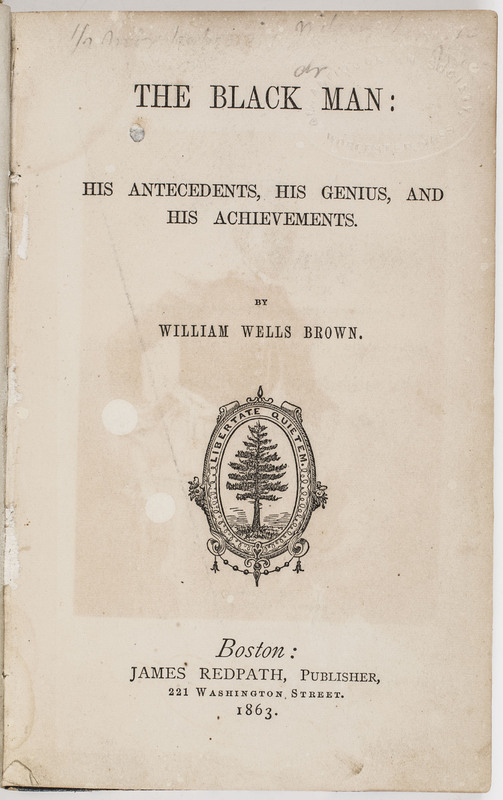 |
The Black Man: His Antecedents, His Genius, and His Achievement | 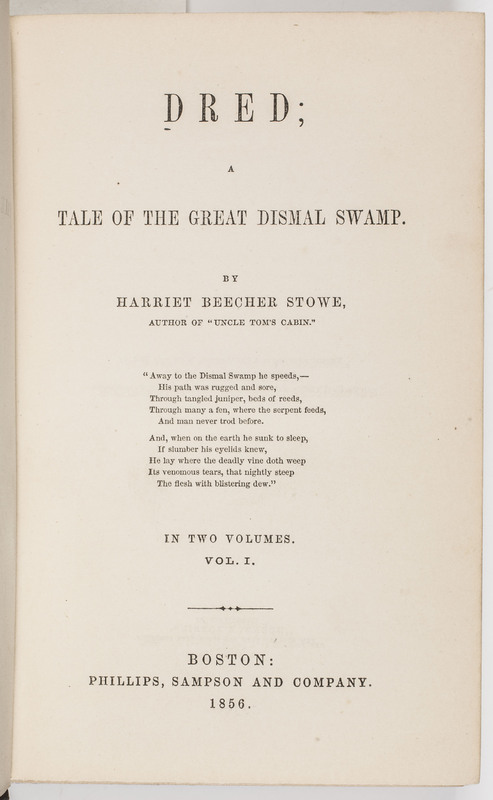 |
Dred: A Tale of the Great Dismal Swamp |
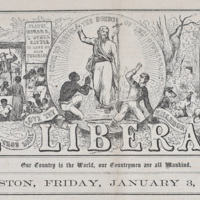 |
The Liberator | 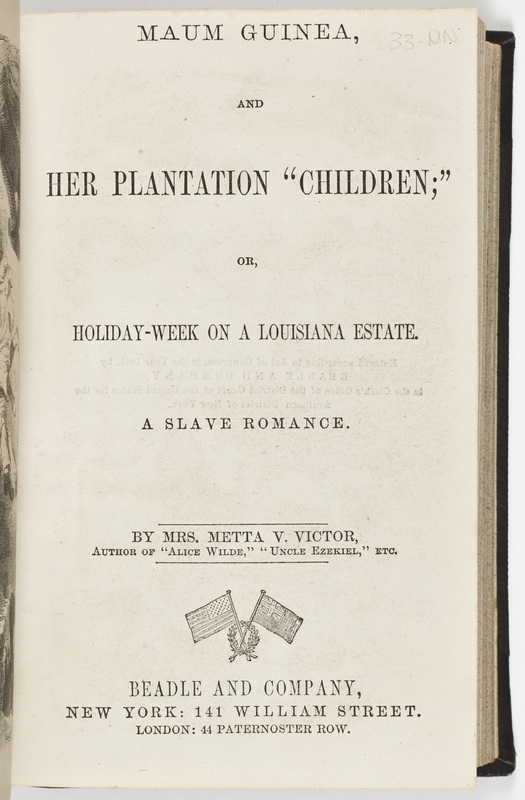 |
Maum Guinea and Her Plantation "Children" |
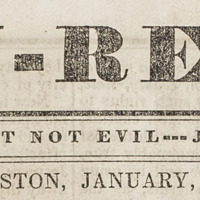 |
The Non-Resistant |